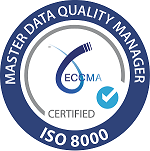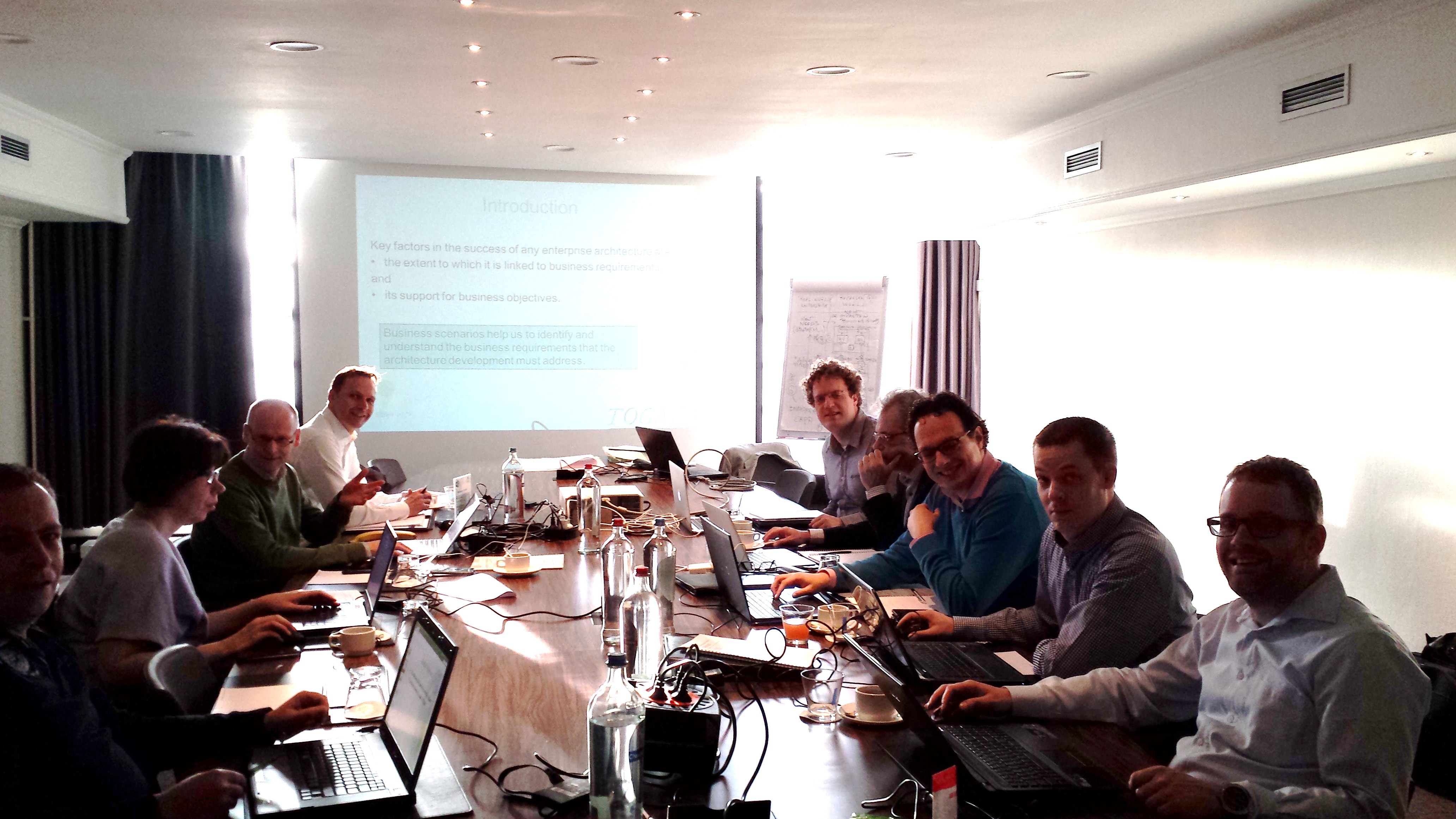Data-Driven Digital Transformation - Turning Disruptions into Opportunity by Strengthening the Decision Making
Agile Value Delivery by Adjusting Strategies, Capabilities and Services in face of Digital Disruptions
Duration : 3 days
Objective : This course aims at helping attendees understand foundations of Digital Business Models, their connections with Enterprise Architectures, Products and Services in order to efficiently consolidate "Digital value creation and value delivery" at the Enterprise level from strategies to the design of appropriate products and services.
Attendees learn there how to adapt strategies to digital disruptions, assess impacts on the Value Chain till reconfiguring Capabilities and Services.
An end-to-end case study allows them to learn how to frame and channel Data Analytics based on a given set of Goals and Context to strengthen the Decision Making in order to create differentiating value propositions and adjust them based on feedbacks of digital consumers as recommended by Agile Architectures.
Prerequisites : None
Participant Profiles : Business Strategists, Product Managers, Enterprise Architects, Business Analysts, System Analysts,
Detailed Description :
Introduction
- Digital Disruption, Disruptive Technologies, Digital Maturity and Digital Transformation,
- How to turn digital disruptions into business opportunities ?
- Transforming the business culture enabled by technology,
- Types of Business Models of the Digital Age,
- Essential elements of Digital Business Models : Motivation Model, Strategy Map, Value Chain and Value Propositions for Digital Transformation
- How to ensure Data Readiness in the digital age,
- Core elements of the Operating Models for building Digital Capabilities: The Business Architecture Guild and the Open Group's Business and Enterprise Architectures
Digital Business Models to coordinate Operating Elements
- Capturing Changes : Competitor Propositions, Digital Techno Disruption, Competitive Pressures, Changing Customer Behaviors,
- Sources of Change and Assessment of Impacts (Influencers, Assessments, SWOT analysis, Potential Impacts) using the Digital Business Models,
- Deciding on Desired Results : Business vision, goals and objectives,
- Deciding on Means on the basis of Impacts on the Value Chain: Missions, strategies, tactics, policies and rules
- How can strategies coordinate customer facing / value added capabilities in order to adapt value propositions ?
- Leveraging the power of your data,
- Data Strategy for Digital Transformation,
- Aligning Data with Business Objectives : From the Vision and Mission Statement to Roadmaps
- Data Quality and Data Architecture Principles,
- Case Study : Define Digital Strategies based on impacts upon the Activities of the Value Chain
Building the Capability Map, Data Flows and Value Propositions on the basis of Digital Business Model Decisions
- How to ensure coherence between perspectives of the Digital Strategy Map ?
- Impacts on the Capability Map and other elements of the Business Architecture Model,
- Building Capabilities using the TOGAF®'s Architecture Development Method (ADM) Cycles,
- Traceability until operational business elements (processes, organisation units, liabilities and assets),
- Using Value Added / Customer Facing Capabilities to provide stakeholders with the right and timely data for making decisions,
- Strategic and tactical contract writing to “channel and guide” the big data including their updates in both directions,
- Guiding and governing Big Data Management tools data flows (example using Informatica's Power Center Big Data Management Edition)
- Describing Value Propositions, Customer / Partner Relationships and Delivery Channels of the Business Model Canvas (BMC) based on Services exposed by Value Added Functions,
- Case Study : Adjust Digital Strategies based on "Data Flows" between business functions of the Capability Map and define elements of the BMC based on exposed services
Fine tuning Value Propositions, Delivery Channels, Client / Partner Relationships and Capabilities using feedbacks provided by digital consumers
- Elements of the Business and Value Model Canvas to adjust Value Propositions,
- Positioning Elements of the Business Model Canvas using a "Value Driven" Strategy Map : best practices,
- Using the Business Model & Value Proposition Canvases to develop and maintain differentiating ‘Products & Services’ on the basis of Market Forces, Strategies & Partnerships,
- Improving Consumer Experiences by building a multitude of touch points to interact with them,
- Defining Value Streams and their stages to capture feedbacks from digital consumers,
- Manage feedbacks provided by the Value Streams to adjust elements of the Model Canvas,,
- Case Study : Adapt the Business Model Canvas and Capabilities for strategy revisions using feedbacks from digital consumers
Conclusion
- Recap on the steps of Digital Transformation
- Tool support
A short video presentation including only some excerpts of this training course can be visualized here :
Notice : In case of "on-site" delivery of this workshop, we can also adapt case studies to your detailed needs and business case in order to provide you with a good starting point and roadmap. After the training, we can also accompany you through review sessions on your digital business models and solutions conformance to your business needs.
The Business Motivation Model and Business Architecture are standards of the OMG and Business Architecture Guild.
The Open Business Architecture, O-AA (Open Agile Architecture), TOGAF and ArchiMate are trademarks of the Open Group.
Business Model and Value Proposition Canvases are trademarks by Osterwalder/Pigneur at Strategyzer


